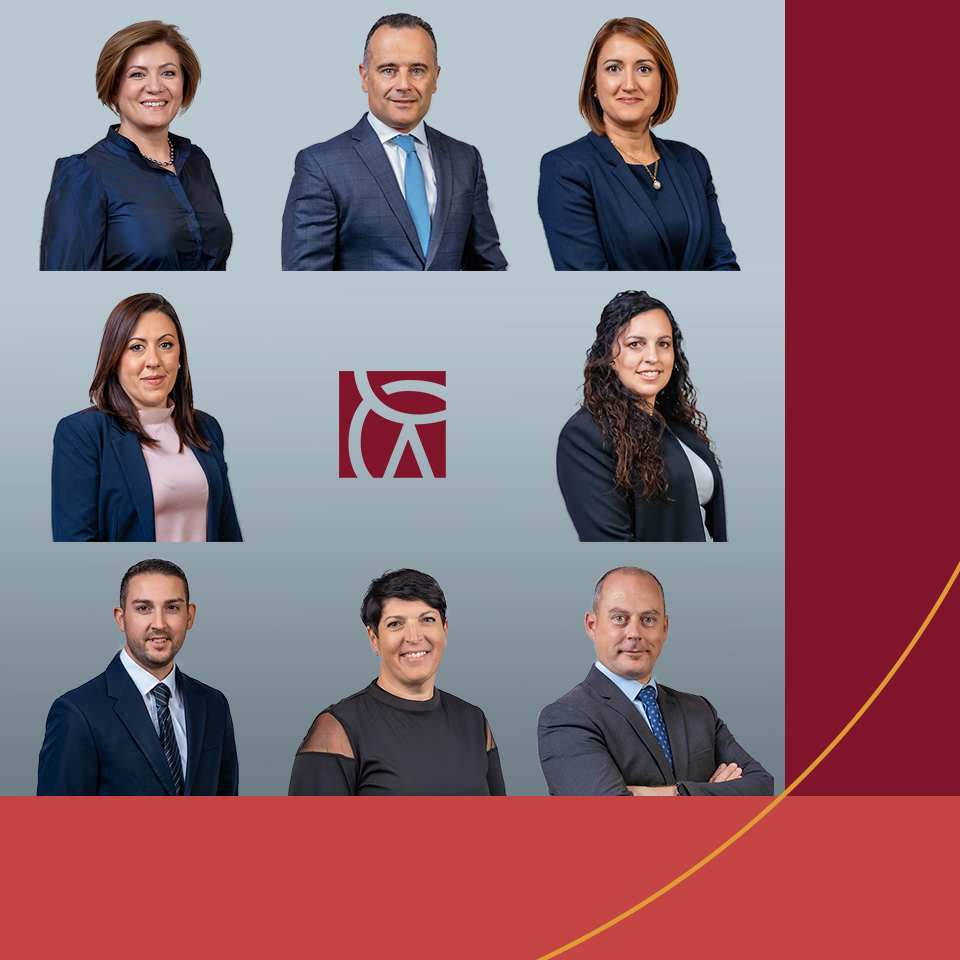As a general rule, in the context of retail funds, all fund officers need to be established in Malta. However, the MFSA may allow such officers to be established in and be regulated by any other recognised jurisdiction. Recognised jurisdictions are the EU, EEA, and any other country that has rules that are the equivalent of the EU regulatory regime. Recognition orders are only issued to persons who are fit and proper in relation to the services that they will be offering. If the applicant for a recognition order is a legal person, this test will have to be satisfied by its directors and its qualifying shareholders as well. On the other hand, in the context of Professional Investor Funds (PIFs) there exists considerable flexibility with respect to the domicile of Fund Officers.
Fund Administrator
Fund Administratorsproviding administrative services in or from Malta to licence holders in Malta, or to equivalent authorised persons and schemes overseas, need to obtain a ‘recognition’ from the MFSA. Services that necessitate the obtainment of a recognition include the following:
· preparation of Net Asset Value,
· reconciliations,
· pricing the investment portfolio
· fund accounting
· preparation of contract notes
· transfer agency.
Other administrative services such as the payment of bills, preparation of financial statements, performance reporting and compliance reporting might be exempted by the MFSA from the requirement of recognition.
Strictly speaking, the appointment of a Fund Administrator is not compulsory. In case a Fund Administrator is not appointed, the functions that would have otherwise been performed by the former, will have to be performed by the Fund Manager. Naturally the Fund Manager will need to demonstrate to the MFSA that it has an adequate set-up to ‘self-administer’.
Fund Manager
A Malta-domiciled Fund Manager is required to obtain a Category 2 license under the Investment Services Act 1994 prior to acting as such. The duty of the Fund Manger is to manage the assets of the fund. Fund Managers may appoint a sub-manager with the consent of the MFSA.
If the fund takes the form of a unit trust or a common contractual fund, the Manager will also be responsible for the compliance of the fund with the laws and the conditions of the license, and for money laundering compliance purposes.
One of the primary advantages of choosing Malta as a domicile is the fact that the appointment of a third party manager is not compulsory. It is in fact possible to have a self-managed fund. A self-managed UCITS fund can only be constituted in the form of a SICAV.
Custodian
The duty of the Custodian consists in keeping under custody and safe-keeping the assets of the fund. The Custodian also carries out a monitoring function over the activities of the Fund Manager in order to ensure that the latter is abiding by the investment and borrowing powers laid out in the prospectus or the constitutional document of the fund. To this end, the Custodian needs to be independent of the Manager and act in the best interests of the investors.
Investment Adviser
The Investment Adviser is responsible for the provision of investment advice to the fund or its Manager with respect to, amongst others, the investment and re-investment of the assets of the fund. However, the Adviser does not have any discretion with respect to the investment and re-investment of the assets of the fund. The appointment of an Investment Advisor is not compulsory. The Advisor can be appointed either by the Manager or by the fund itself. In case it is appointed by the Manager, the appointment will be subject to MFSA approval.
Compliance officer
Every applicant for an investment services license is required to appoint a Compliance Officer who will be responsible for ensuring the license holder’s adherence to the license conditions. Ultimate responsibility for compliance rests with the Board of Directors or the General Partners of the fund, rather than with the Compliance Officer.
The duties of the Compliance Officer involve a degree of day-to-day supervision and control over the activity of the license holder. The Fund is obliged to require the Compliance Officer to prepare reports at least on a bi-annual basis. Whenever the Compliance Officer notices any shortcoming, he should consider whether to report this to the Board of Directors of the investment license holder.
The Compliance Officer may act simultaneously as MLRO as well. However, he cannot be involved in the performance of the services or the activities which he is monitoring, unless the consent of the MFSA is obtained.
Money Laundering Reporting Officer
Every applicant for an investment services license is obliged to appoint a Money Laundering Reporting Officer (MLRO). The role of the MLRO is to report transactions that are suspected as constituting money laundering to the Financial Intelligence Analysis Unit. He should also ensure that proper know-your-client procedures are in place. Ultimate responsibility for money laundering compliance rests with the Board of Directors or the General Partners of the Fund.
The MLRO may act as Compliance Officer as well.


























